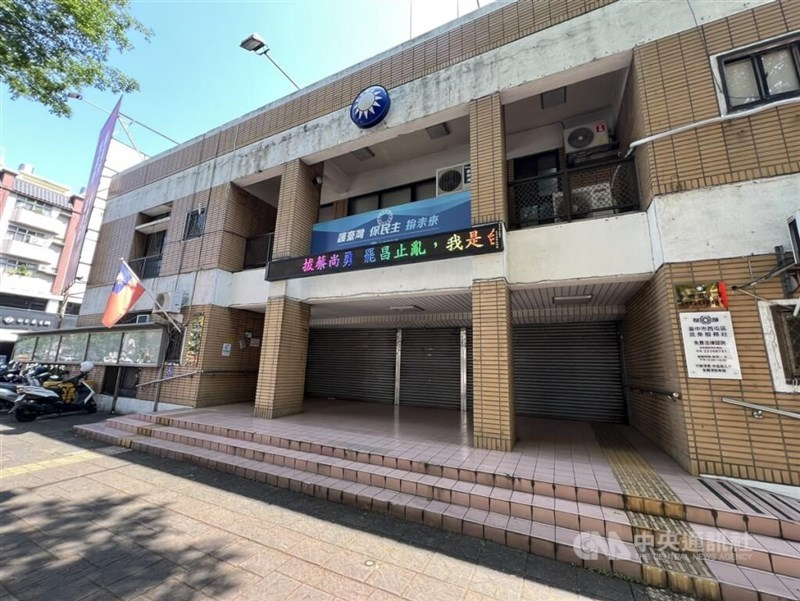In a major development amid Taiwan’s escalating political tension, 34 individuals affiliated with the opposition Kuomintang’s (KMT) Taichung chapter have been indicted for allegedly forging over 4,000 signatures in a campaign to recall two Democratic Progressive Party (DPP) lawmakers — Tsai Chi-chang (蔡其昌) and Ho Hsin-chun (何欣純). This case underscores concerns about democratic integrity, electoral manipulation, and the weaponization of recall votes in Taiwan’s partisan landscape.
🔍 The Core Allegations
According to the Taichung District Prosecutors Office, the KMT’s Taichung branch initiated a recall petition against the two DPP legislators in January 2025. However, investigators discovered that 4,258 signatures submitted as part of the petition were falsified — an act that directly violates Taiwan’s Public Officials Election and Recall Act, the Personal Data Protection Act, and criminal forgery laws.
Among those indicted are senior KMT officials Wu Kang-lung (伍康龍) and Chen Chien-feng (陳劍鋒) — believed to be the key orchestrators. Prosecutors revealed that both deleted key chat records, obstructed investigations, and only confessed during the final stages, prompting the prosecution to request severe penalties for the duo.
🧾 Legal Context and Broader Impact
This case is part of a nationwide probe into fraudulent recall petitions, with over 100 KMT-affiliated workers across several chapters — including New Taipei (31 indictments) and Yilan County (12 indictments) — facing similar charges. These coordinated recall efforts came in response to KMT lawmakers themselves facing recall bids, many of which are scheduled for July 26, following controversial legislative actions and mass civil protests.
Legal experts point out that this wave of forgery indictments could raise serious doubts about the legitimacy of opposition-backed democratic initiatives, potentially undermining public trust in recall mechanisms, which were originally designed as a tool for civic accountability.
Meanwhile, DPP officials have called for electoral reform, accusing the KMT of abusing the recall process as a political weapon, while the KMT maintains that the recalls are a valid expression of voter dissatisfaction.
📌 FAQs
Who are the DPP lawmakers targeted in the recall?
Tsai Chi-chang and Ho Hsin-chun, both prominent figures in the DPP, were the targets of recall efforts initiated by the KMT’s Taichung chapter.
What laws did the indicted individuals allegedly violate?
They face charges under the Public Officials Election and Recall Act, the Personal Data Protection Act, and for criminal document forgery.
What penalties are being sought?
Prosecutors are seeking severe penalties, particularly for the senior officials who masterminded the forgery and obstructed justice.
Is this part of a larger issue?
Yes. Similar cases have been reported in New Taipei and Yilan County, with over 100 individuals indicted nationwide, all tied to KMT recall initiatives.
What’s the political context behind these recalls?
The recalls were widely seen as political retaliation following backlash over legislative amendments supported by KMT lawmakers, sparking civil unrest and counter-recall movements supported by DPP-affiliated groups.


